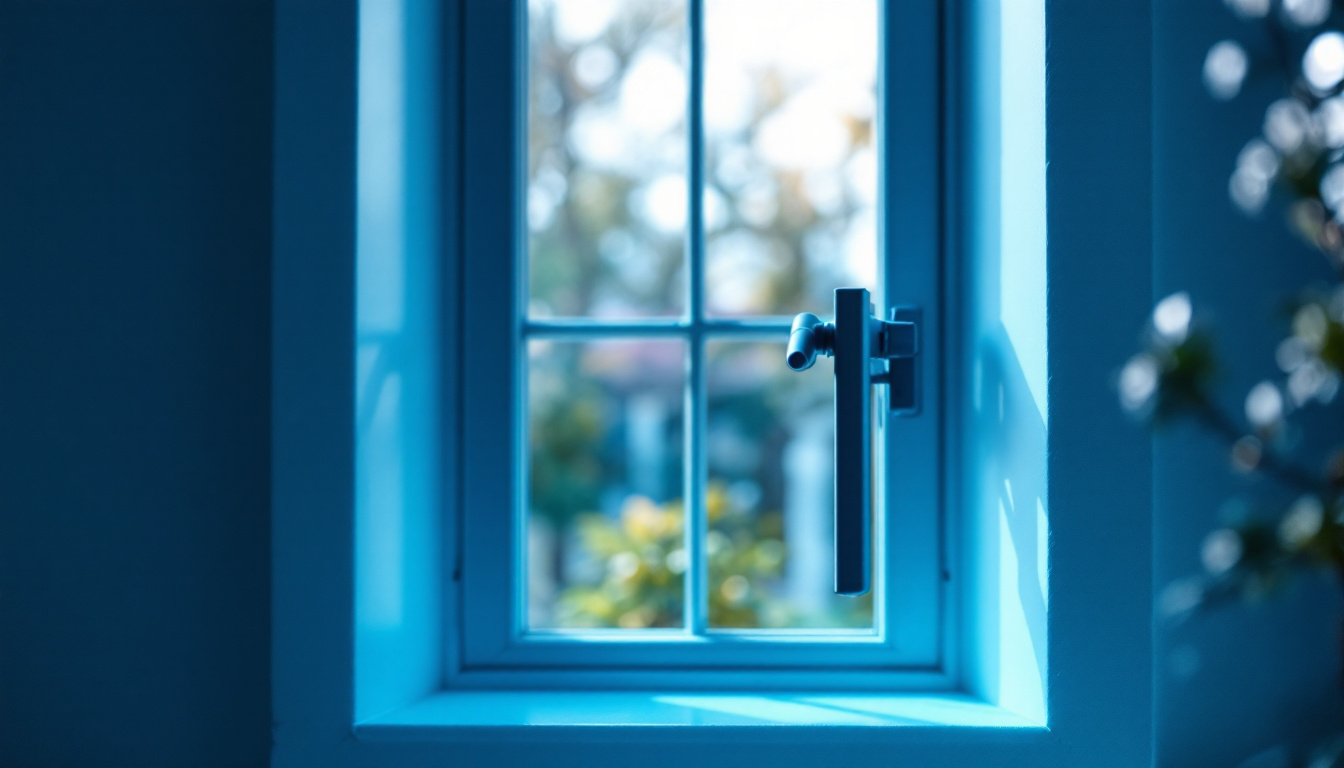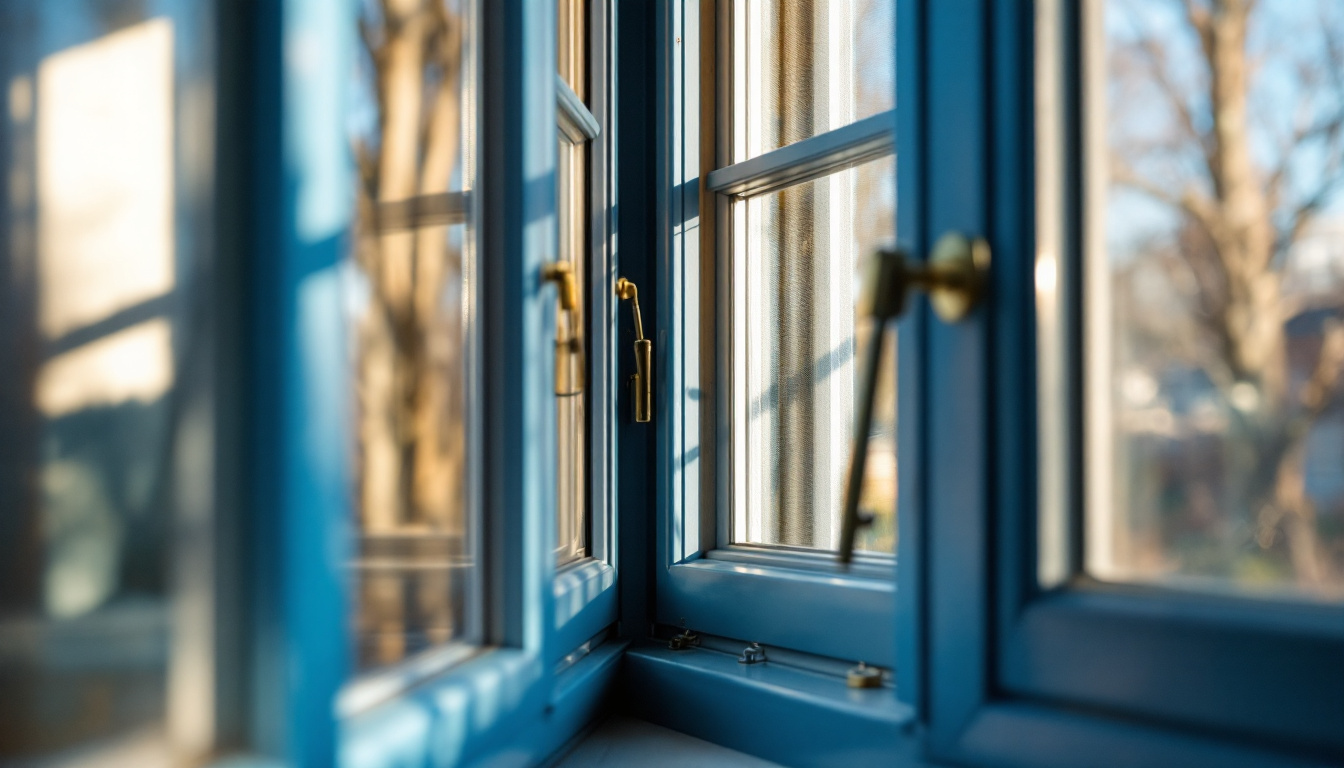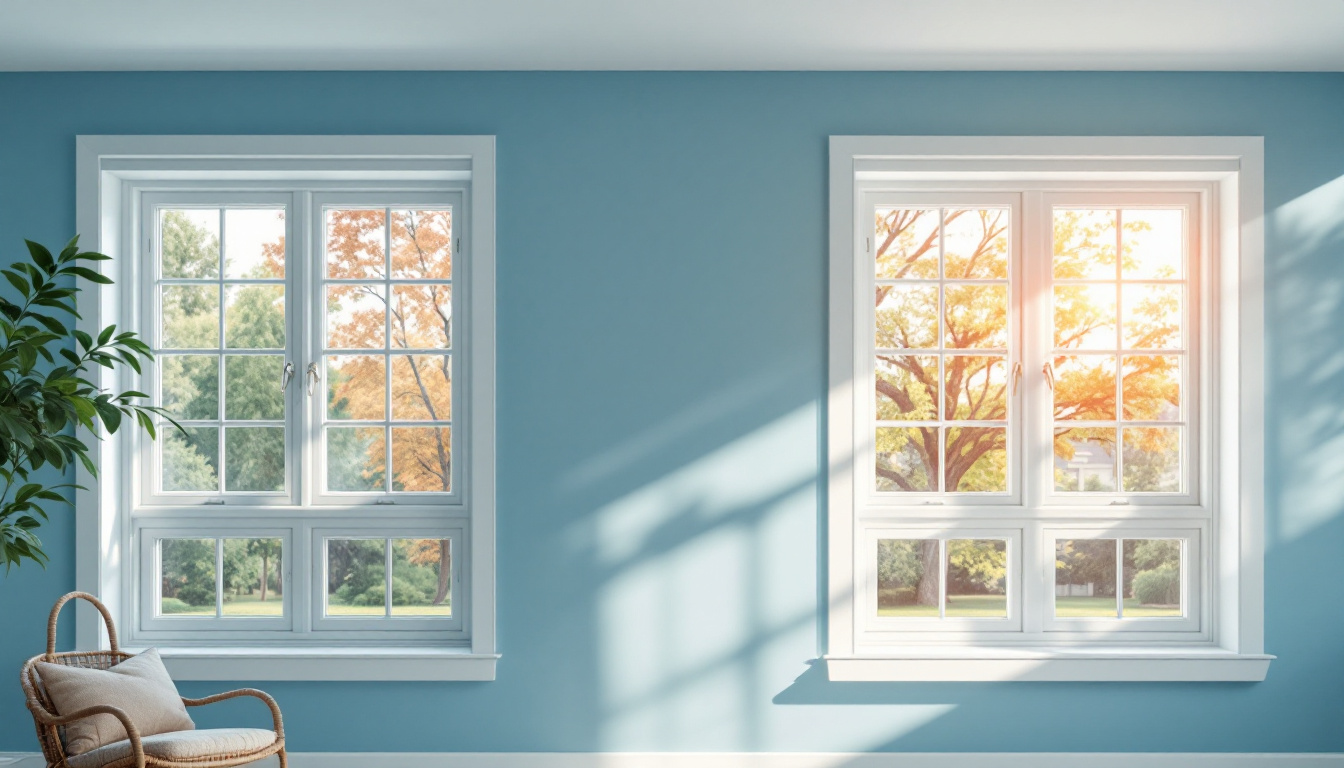When it comes to choosing the right windows for your home, understanding the differences between single-hung and double-hung windows is essential. Both styles offer unique benefits and drawbacks that can significantly impact your home’s aesthetics, energy efficiency, and functionality. In this article, we will explore the pros and cons of each window type, helping you make an informed decision for your next home improvement project.
Understanding Single-Hung Windows
Single-hung windows are a popular choice among homeowners due to their simplicity and cost-effectiveness. These windows feature two sashes, but only the bottom sash is operable, allowing for ventilation while the top sash remains fixed.
Advantages of Single-Hung Windows
- Cost-Effective: Single-hung windows are generally less expensive than their double-hung counterparts, making them an attractive option for budget-conscious homeowners.
- Energy Efficiency: With fewer moving parts, single-hung windows can provide better insulation, reducing energy loss and lowering heating and cooling costs.
- Space-Saving Design: Since only the bottom sash opens, single-hung windows require less space for operation, making them ideal for areas with limited room.
Disadvantages of Single-Hung Windows
- Limited Ventilation: The inability to open the top sash restricts airflow, which can be a drawback in warmer climates where ventilation is crucial.
- Cleaning Challenges: Cleaning the exterior of the top sash can be difficult, as it is not operable, requiring homeowners to use ladders or other tools.
Exploring Double-Hung Windows
Double-hung windows are characterized by their two operable sashes, allowing both the top and bottom sections to open. This design offers greater flexibility in terms of ventilation and ease of use.
Advantages of Double-Hung Windows
- Enhanced Ventilation: With both sashes operable, double-hung windows allow for improved airflow, making them ideal for homes in warmer climates.
- Easy Cleaning: Many double-hung windows feature tilt-in sashes, allowing homeowners to clean both the interior and exterior surfaces from inside the home.
- Versatile Design: Double-hung windows come in a variety of styles and materials, making it easy to find a design that complements your home’s architecture.
Disadvantages of Double-Hung Windows
- Higher Cost: Double-hung windows typically come with a higher price tag compared to single-hung windows, which may not fit every budget.
- More Maintenance: With more moving parts, double-hung windows may require more maintenance over time to ensure proper functionality.
Energy Efficiency Considerations
Energy efficiency is a critical factor when selecting windows for your home. Both single-hung and double-hung windows can be energy-efficient, but their performance can vary based on design and materials.
Single-Hung Windows and Energy Efficiency
Single-hung windows often provide better insulation due to their simpler design. The fixed top sash helps to minimize air leakage, which can lead to lower energy bills. Additionally, many manufacturers offer energy-efficient glass options that can further enhance the thermal performance of single-hung windows.
Double-Hung Windows and Energy Efficiency
While double-hung windows can be slightly less energy-efficient due to the additional moving parts, advancements in technology have led to the development of high-performance models. Look for double-hung windows with energy-efficient glass and weatherstripping to maximize their energy-saving potential.
Installation and Maintenance
Understanding the installation and maintenance requirements of each window type is essential for long-term satisfaction.
Installation of Single-Hung Windows
Single-hung windows are generally easier to install due to their simpler design. Homeowners can often complete the installation as a DIY project, although professional installation is recommended for optimal results.
Installation of Double-Hung Windows
Double-hung windows may require more precise installation due to their complexity. It is advisable to hire a professional to ensure proper alignment and functionality, which can prevent issues down the line.
Maintenance of Single-Hung Windows
Single-hung windows require minimal maintenance, primarily focusing on cleaning the operable sash and checking for any signs of wear or damage. Regular inspections can help maintain their performance and longevity.
Maintenance of Double-Hung Windows
Double-hung windows may require more frequent maintenance due to their moving parts. Homeowners should regularly check the tracks and hardware for any obstructions and ensure that the sashes operate smoothly.
Conclusion: Making the Right Choice
Choosing between single-hung and double-hung windows ultimately depends on your specific needs, budget, and preferences. Single-hung windows offer a cost-effective and energy-efficient solution, while double-hung windows provide enhanced ventilation and ease of cleaning. Consider your home’s design, climate, and your personal preferences when making your decision.
For homeowners in Windsor-Essex looking to upgrade their windows, consulting with a trusted window installation specialist can provide valuable insights and help you select the best option for your home. With the right windows, you can enhance your home’s beauty, comfort, and energy efficiency for years to come.
Ready to enhance your home with the perfect windows? Let the experts at Better Window and Door help you decide whether single-hung or double-hung windows are the best fit for your space. Connect with us for personalized service and expert advice tailored to your home’s unique needs. Get a custom quote today, and we’ll bring your home’s potential to life.






